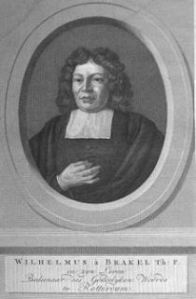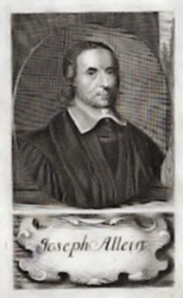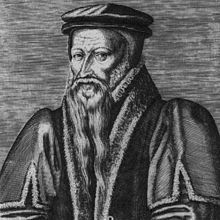“God wills that man be occupied. Prior to the fall He called him to an enjoyable task, and after the fall, to a difficult task. It is His will that everyone be faithful in the calling to which He has called him. Some callings are of a temporal nature, whereas others have a spiritual dimension. Even if a calling is of a temporal nature, this neither detracts from nor contributes to the spirituality of one’s service of God in the discharge of this calling; rather, such spirituality is contingent upon the spiritual state of the individual as well as the manner in which he engages himself in his calling. A natural man deals even with spiritual matters in a natural manner which is not pleasing to God. The spiritual man, however, deals even with temporal matters in a spiritual fashion. He views his encounter with them as a dispensation of the Lord, embracing them as the will of God. He performs his temporal obligations in willing obedience as a service to his God, having God’s glory as his objective.”
– Wilhelmus a’ Brakel (1635–1711), The Christian’s Reasonable Service (De Redelijke Godsdienst), Vol. I, p. cxiii





